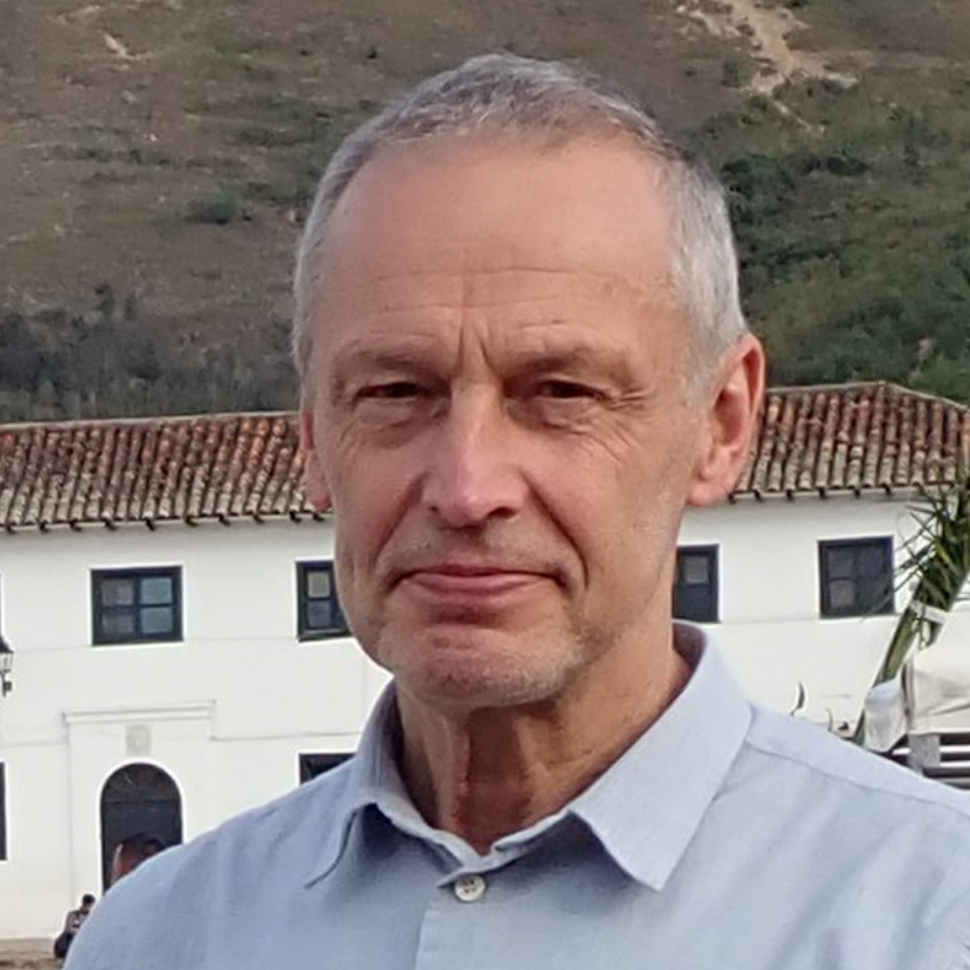
Jan Masschelein is Emeritus professor of educational theory and philosophy at the Laboratory for Education and Society (University Leuven, Belgium). His research addresses the challenges posed to education with a major interest in (re-)thinking and (re-)inventing the public role of schools and universities. With his students, he organizes mapping and walking exercises to study collectively issues of public concern on the crossroads of education and society. The focus is on the design of protocols, conditions and public methodologies that can give shape to such study practices. Together with Maarten Simons, he authored several articles and books on the public role of school and university education (see: https://respaedagogica.be/)
The study journey as adventurous fieldwork: Regenerating an old form of education research
I propose to reconsider a form of inquiry that, at times and in connection with various pedagogical movements, theories and disciplinary interests, once formed an essential part of education research and the design of pedagogical practices: the study journey. I suggest to understand this journey as embodiment of the famous motto ‘sapere aude’. Which is to be translated, following Isabelle Stengers, as ‘dare to taste’ (not to test or to judge validity claims). And she understands tasting as the adventure of learning to perceive the effects of situated indeterminate encounters that form more intelligent and sensitive bodies. Hence, we can understand the study journey as engaging in a transformation of the enquirer as well as the educational field itself, where the enquirer not only starts to perceive the field differently, but also starts to inhabit a different field. Where different things (can) start to matter and (can) start to matter (each time) differently.
A study journey constitutes a rather simple dispositive including certain tools, particular manners, a kind of discipline and (much) physical work to be done. It stages study as adventurous encounters with the educational field, allowing for a particular ‘style of attention’. This style enables to perceive learning as part of various forms of pedagogical life, being each time a different matter and mattering differently. I will elaborate how it can break, in a unspectacular way, through a certain modern scientific style of attention to learning. A style leading to ever more indirect research, ever more tele-screen-research, for which mainly access to streams of information and (technical) images is needed (emerging out of measurements, tests, assessments, experiments, sensors). It can break through this way of perceiving (how learning matters and what matters to learning) not because it would involve a different theoretical view, but because perceiving becomes embodied in a different practice. This fieldwork is not so much to collect stories, narratives, opinions from the field or about approaching it as a landscape on which to get an overview or establish a perspective. But it could engage e.g. in the making of very particular (pedagogical) atlases that help to unfold the field, while being drawn into it. This can help animate, repopulate or vivify an educational field that learning sciences, certain digital technologies and certain psychologies and sociologies increasingly have disembodied, emptied from the rich variety of forms of pedagogical life (their matter and matterings). The study journey could be seen as one way of ‘refielding’ (Stengers) education research, one way of ‘touching the (educational) present’ (S. Todd), moved by a desire of relevance, rather than of (future) directing. Making the field otherwise relevant for the (re-)design of educational practices.
Venue Address
Tampere University
City Centre Campus, Main Building
Kalevantie 4
33014 Tampere, Finland

Important Dates ECER 2026
01.12.2025 | Submission starts |
31.01.2026 | Submission ends |
01.04.2026 | Registration starts |
01.04.2026 | Review results announced |
15.05.2026 | Early bird ends |
25.06.2026 | Presentation times announced |
30.06.2026 | Registration Deadline for Presenters |
17.08.2026 | ERC First Day |
18.08.2026 | ECER First Day |